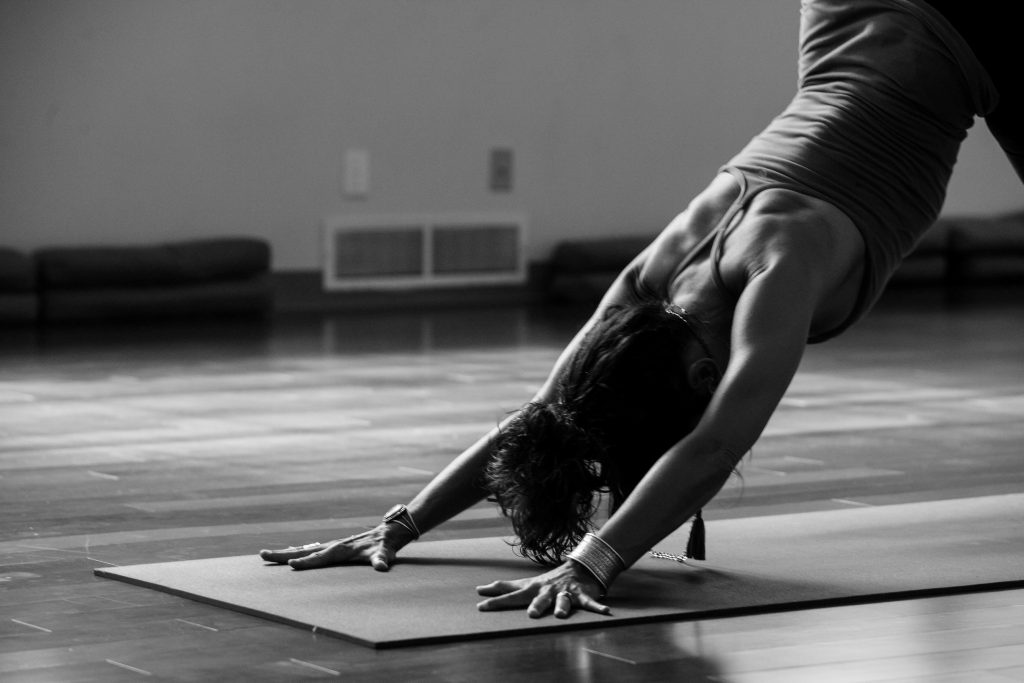Maximize Your Recovery: The Importance of Rest Days
When it comes to fitness, we often hear phrases like “no pain, no gain” or “push your limits”. But what if we told you that rest days are just as important as your workouts? In fact, strategic recovery is the key to maximizing performance, preventing injuries, and making sustainable progress.
Balancing intense training with adequate rest is essential for long-term success. So let’s explore why rest days are a crucial part of any fitness journey and how you can optimize your recovery to feel stronger, healthier, and more energized.
1. Why Are Rest Days Important?
Many people believe that working out every day leads to faster results. However, science tells a different story. Your muscles grow, recover, and become stronger during rest—not just during exercise.
✅ Prevents Overtraining – Continuous training without rest can lead to burnout, fatigue, and even muscle loss.
✅ Reduces Risk of Injury – Overworking muscles and joints increases the likelihood of strains, sprains, and stress fractures.
✅ Boosts Muscle Growth – During rest, your body repairs microtears in muscle fibers, leading to increased strength.
✅ Supports Mental Health – Rest days help reduce stress, improve mood, and prevent workout-related anxiety.
For more information check out this Harvard study.
Pro Tip: Listen to your body! If you’re feeling fatigued or sore, it’s a sign that you need a break.
2. What Happens to Your Body on Rest Days?
Taking a day off doesn’t mean you’re losing progress—it means you’re allowing your body to rebuild and come back stronger.
Muscle Recovery & Growth
During strength training, your muscles experience tiny tears. Rest days allow them to heal and grow, leading to increased muscle definition and strength.
Replenishing Energy Stores
Your body uses glycogen (stored carbohydrates) for energy during exercise. Rest days help replenish these stores, ensuring you have enough fuel for your next workout.
Reduced Inflammation & Improved Immunity
Intense exercise causes inflammation, which is a normal part of adaptation. Rest allows your body to reduce inflammation and boost immune function.
Pro Tip: Eating a balanced diet rich in protein, healthy fats, and complex carbs supports faster recovery.
3. Signs You Need a Rest Day
Ignoring your body’s signals can lead to plateaus, injuries, and mental exhaustion. Here’s how to recognize when it’s time to take a break:
✅ Persistent Muscle Soreness – If you’re sore for more than 72 hours, your muscles need more recovery time.
✅ Decreased Performance – Struggling with weights, endurance, or coordination? You might be overtrained.
✅ Sleep Disturbances – Overexertion can lead to trouble falling or staying asleep.
✅ Irritability & Fatigue – Feeling sluggish or unmotivated? Your nervous system may be overstimulated.
Pro Tip: Don’t wait for extreme fatigue—schedule regular rest days to keep your body and mind in top shape.
4. How to Maximize Your Rest Days
A rest day doesn’t mean lying on the couch all day (unless your body truly needs it). Active recovery is a great way to stay engaged while giving your muscles a break.
Best Activities for Recovery:
✅ Yoga or Stretching – Improves flexibility and reduces muscle tightness.
✅ Walking or Light Cardio – Keeps blood circulating without straining muscles.
✅ Foam Rolling or Massage – Helps relieve soreness and improve mobility.
✅ Hydration & Nutrition – Drink plenty of water and eat nutrient-dense foods to fuel recovery.
Pro Tip: Treat recovery as part of your training—not an afterthought.

5. How Many Rest Days Do You Really Need?
The ideal number of rest days depends on your fitness level, intensity, and workout routine. Here’s a general guideline:
✅ Beginners: 2-3 rest days per week to allow proper adaptation.
✅ Intermediate Lifters & Athletes: 1-2 rest days per week, depending on intensity.
✅ High-Intensity Training: At least one full rest day, with additional active recovery days.
Pro Tip: Experiment with your schedule and listen to your body—if you’re feeling fatigued, take an extra day off.
Final Thoughts: Rest Is Just as Important as Training
We often focus on pushing harder, lifting heavier, and training longer, but true progress happens when we balance effort with recovery. Rest days are not a sign of weakness—they are a key component of strength, endurance, and longevity.
So, the next time you feel guilty for taking a rest day, remember: your body is rebuilding, your energy is restoring, and you’re preparing for even greater success. Prioritize recovery, and you’ll unlock your full fitness potential!
Make sure to check out our other posts Here!



